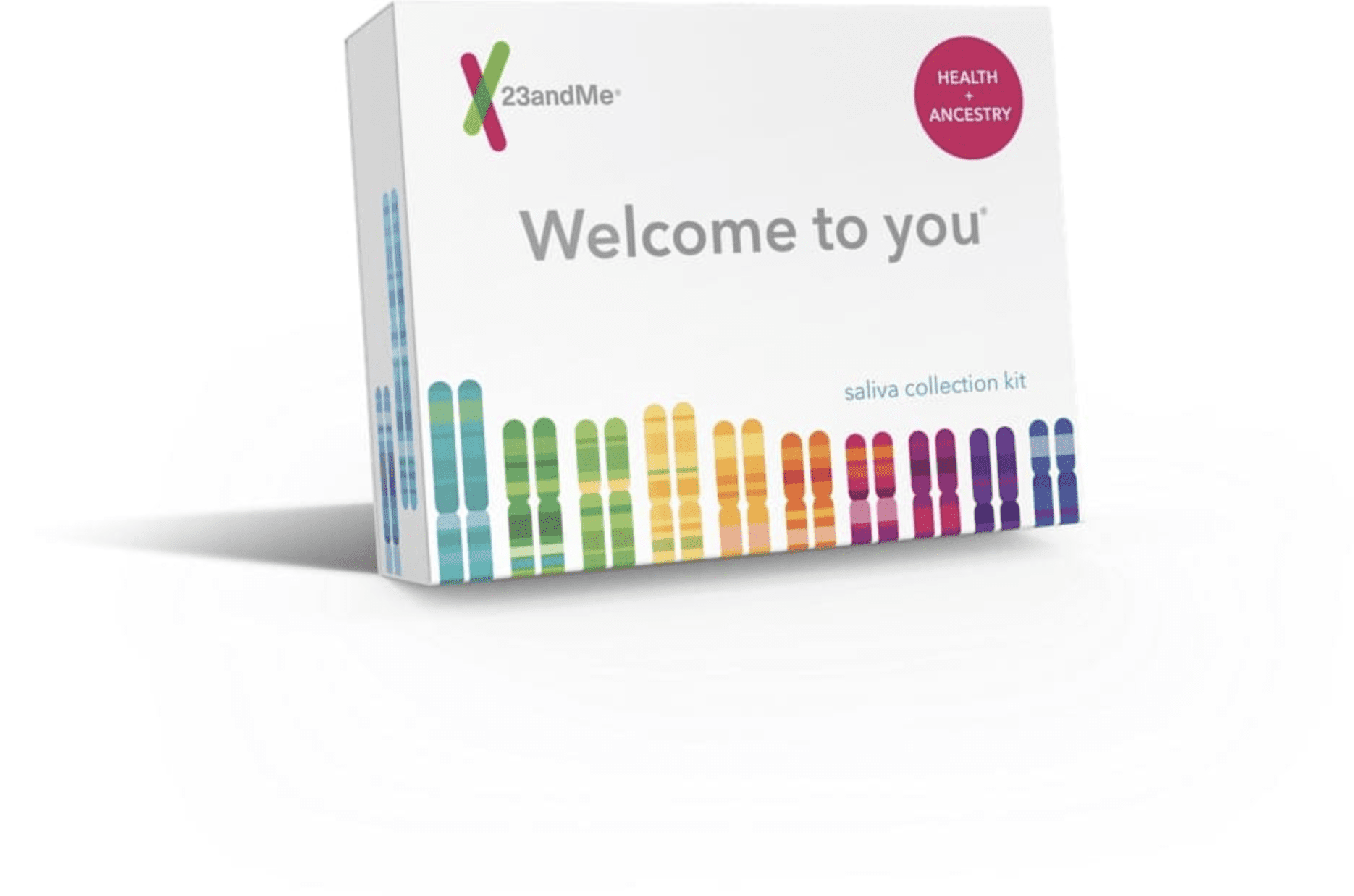Let's talk about Cystic Fibrosis
What is cystic fibrosis?
Cystic fibrosis is a rare genetic disorder characterized by impaired lung and digestive function. A person must have two variants in the CFTR gene in order to have this genetic condition. People with just one variant in the CFTR gene are called carriers. They’re not expected to have the cystic fibrosis themselves, but they could pass their variant on to their future children.
What causes cystic fibrosis?
Cystic fibrosis is caused by variants (differences) in the CFTR gene. The CFTR gene contains instructions for making a protein that helps control the salt and water balance of certain organs. Certain variants in the CFTR gene prevent the protein from working properly, which can cause the lungs, pancreas, and other organs to produce abnormally thick mucus. This mucus can clog the respiratory tract and impair digestion, leading to signs and symptoms of cystic fibrosis.

When symptoms develop
Symptoms of cystic fibrosis typically develop during infancy.
Typical signs and symptoms of cystic fibrosis
- Chronic cough
- Lung infections
- Pancreatic insufficiency
- Malnutrition
- Infertility in males
Ethnicities most affected
Cystic fibrosis is one of the most common genetic disorders, and is most common in people of European descent. Depending on ethnicity, between 1 in 25 and 1 in 100 people in the U.S. carries a variant for cystic fibrosis.
Explore more
23andMe can tell you whether you may be a carrier for cystic fibrosis. Being a carrier means you have a genetic variant that you could pass down to your future children. 23andMe does not test for all possible genetic variants linked to cystic fibrosis, and individuals who have zero variants detected still have a chance of being a carrier for cystic fibrosis.
23andMe tests for 29 genetic variants in the CFTR gene linked to cystic fibrosis and is most relevant for people of Ashkenazi Jewish, European and Hispanic/Latino descent. The Cystic Fibrosis Carrier Status report* is included in the 23andMe Health + Ancestry Service.

Health + Ancestry Service
*The 23andMe PGS test uses qualitative genotyping to detect select clinically relevant variants in the genomic DNA of adults for the purpose of reporting carrier status and reporting and interpreting genetic health risks. The relevance of each report may vary based on ethnicity. Our carrier status reports can be used to determine carrier status, but cannot determine if you have two copies of any genetic variant. These carrier reports are not intended to tell you anything about your risk for developing a disease in the future or anything about the health of your fetus, or your newborn child’s risk of developing a particular disease later in life. For certain conditions, we provide a single report that includes information on both carrier status and genetic health risk. The Cystic Fibrosis Carrier Status report is indicated for the detection of 29 variants in the CFTR gene and is most relevant for people of Ashkenazi Jewish, European, and Hispanic/Latino descent.
References
American College of Obstetricians and Gynecologists. (2017 March). “Carrier Screening for Genetic Conditions”. Retrieved April 16 2019, from https://www.acog.org/Clinical-Guidance-and-Publications/Committee-Opinions/Committee-on-Genetics/Carrier-Screening-for-Genetic-Conditions.
Mayo Clinic. “Cystic Fibrosis.” 2019. Retrieved April 16, 2019, from https://www.mayoclinic.org/diseases-conditions/cystic-fibrosis/symptoms-causes/syc-20353700.
Ong et al (2001). “Cystic Fibrosis and Congenital Absence of the Vas Deferens.” [Updated 2017 Feb 2].
U.S. National Library of Medicine. (2012). “Cystic fibrosis.” Genetics Home Reference.